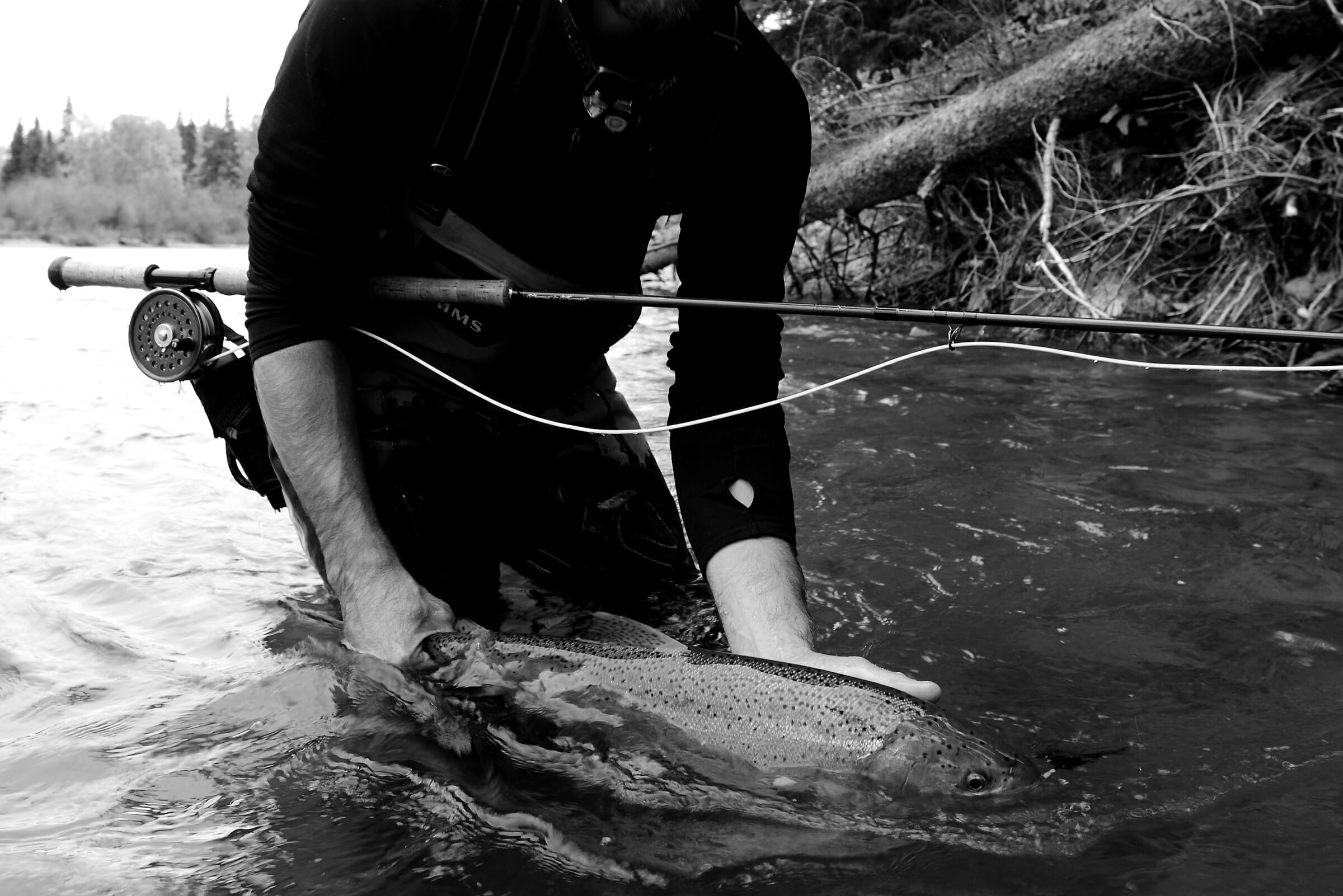On Wednesday, Nov. 8, the U.S. House of representatives will vote on HR 3043, the Hydropower Policy Modernization Act of 2017. This bill is described as an effort to improve the licensing process for non-federal hydropower projects. The bill seeks to accomplish this goal by placing new constraints on the participation of states, tribes and federal resource agencies and greatly restricting their ability to place conditions on licenses to protect impacted resources such as fish passage and water quality and quantity.
What does it do?
In a nutshell:
- It weakens long-standing protections which guard fish and wildlife and by extension, your fishing.
- It places unneccessary time restrictions on already over-burdened resource agencies involved in decision making. It’s a tough job, and this bill makes it even tougher.
What does that mean?
If approved, the proposed reforms to hydropower licensing would have a dramatic and damaging impact to cold water fisheries impacted by hydropower operations. Currently, non-federal hydropower projects are licensed for a term of 30 to 50 years by the Federal Energy Regulatory Commission (FERC). This licensing process is regulated by the Federal Power Act (FPA), which creates clear roles for state, tribal and federal resources agencies with responsibilities to protect public lands and waters (such as the U.S. Forest Service, U.S. Fish and Wildlife and state water quality agencies, among others). The Federal Power Act requires that FERC include in project licenses those terms and conditions that these resource agencies determine are required for protection of lands and waters. This includes terms and conditions necessary to comply with the Clean Water Act, Endangered Species Act, and other state and federal laws.
Under the proposed legislation, resource agencies would be constrained by new time limits for their participation as well as substantive restrictions on the type of conditions that may be imposed on a licensee. The legislation also proposes changes to the manner in which disputed issues are resolved in the licensing context, greatly weakening the authority of resource agencies to require essential protections.
We are greatly concerned that these changes will impair protections for fish and wildlife impacted by hydropower projects across the country. This includes requirements for safe timely and effective fish passage, operational conditions to protect water quality and quantity above and below the project, and conditions to protect or mitigate impacts to surrounding riparian areas such as erosion impacts from project flows, road construction and transmission corridors.
The Federal Power Act requires a balancing of power and nonpower values during project licensing. This balance helps to ensure that projects are well-sited and operated and that impacts are adequately mitigated.
Now What?
Trout Unlimited opposes this legislation. TU has weighed in on this proposal at several steps along the way, offering recommendations and alternatives to the bill text.
We will again weigh in in advance of the Wednesday House vote, and will urge members of the House of Representatives to oppose this legislation. We will also continue to work with members of the House and Senate in an effort to advance more reasonable and balanced solutions to improve the hydropower licensing process without sacrificing essential protections for trout and salmon habitats.
Call your Congressman and urge them to vote NO on HR 3043.
Trout Unlimited’s Letter to the House:


